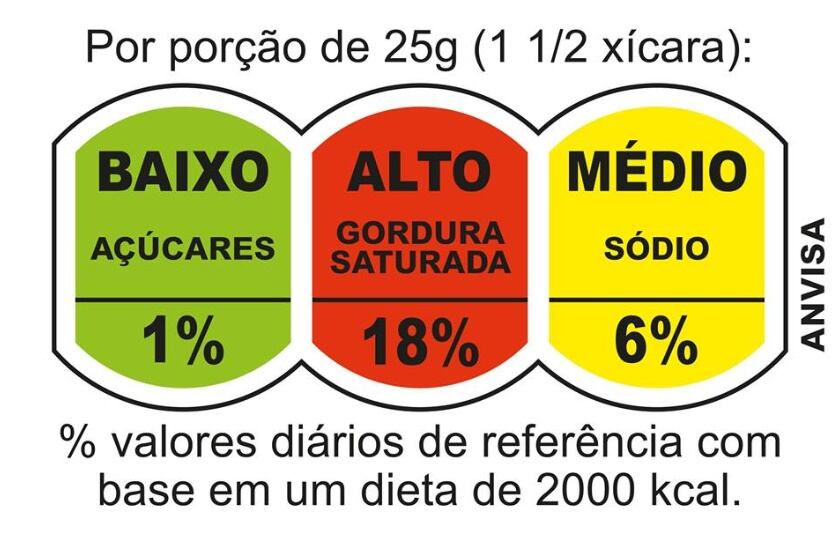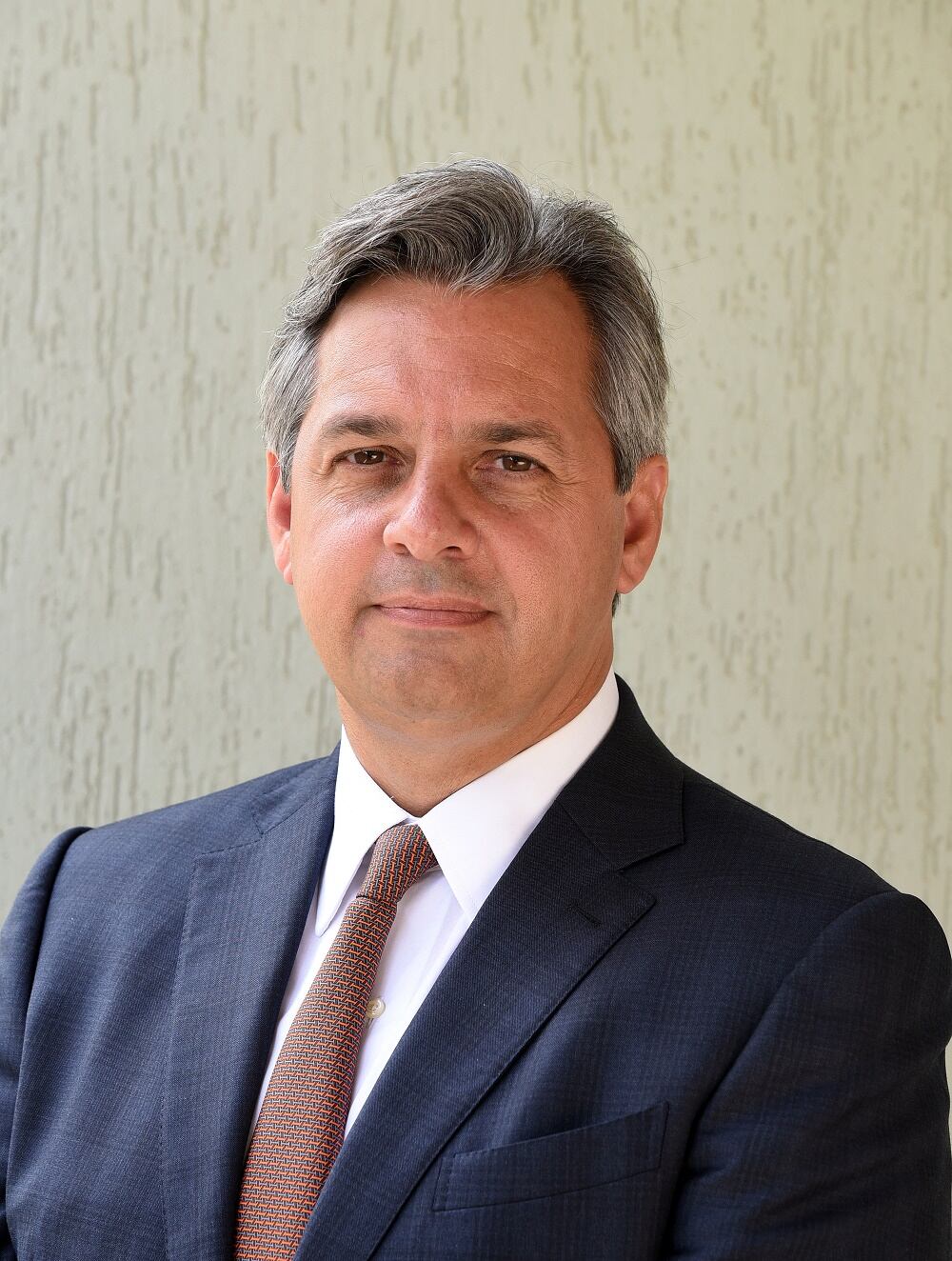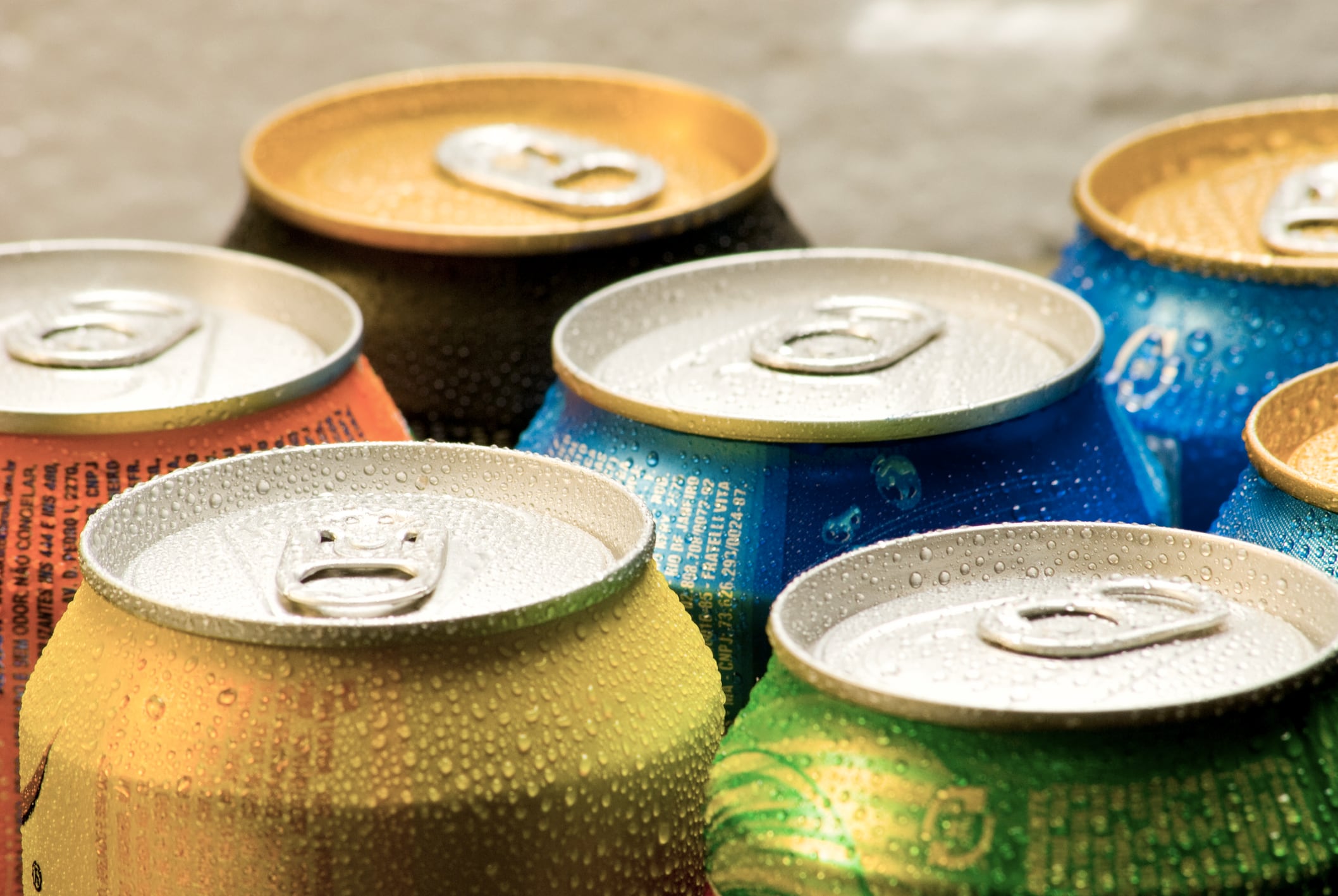The call comes as part of a wider, collective push in the Mercosur region towards traffic light labeling for food and beverage products, spearheaded by CIPAM - the Mercosur Food Industries Coordination – with involvement from food and beverage associations across the region: ABIA from Brazil, COPAL from Argentina, CIALI from Uruguay and CEPALI and CABE from Paraguay.
Traffic light labeling was introduced into the UK in 2013 and remains a voluntary scheme where manufacturers must label energy, fats, saturates, sugars and salt either red, orange or green to indicate high, medium or low levels contained in the product. Amounts must be given on a per 100g/ml basis and include percentage reference intakes (RIs) based on a 2000kcal diet.
Speaking to FoodNavigator-LATAM, Alexandre Jorim, president of ABIR, said the large majority of beverage manufacturers would favor introduction of a similar scheme in Brazil.
“We're supporting to move to the traffic light labeling system like the UK. We will probably have a decision towards the end of the year,” Jorim told FoodNavigator-LATAM.
“...We are confident we would like to be regulated like that but the government and regulatory agency ANVISA that has, by law, been put in charge of this are working on it (with industry, of course).”
ABIR represented part of the collaborative push in Brazil, working with ABIA as well as other food and beverage associations across the Mercosur region, in liaising with ANVISA, he said.
Following the latest CIPAM meeting held in July, the industries said:“We understand that, having preserved the specificities of each country, Mercosur is the appropriate instance for the definition of regional policies regarding technical and regulatory issues and for dialogue and articulation between the public and private sectors, especially considering sensitive areas such as those that involve food and health.
“The industry consistently maintains the adoption of front-of-pack labeling aiming to facilitate reading and understanding of the products' nutritional components by consumers.”
Traffic light over 'stop' sign

Jorim said industry favored the traffic light system over the 'stop' or 'warning' sign label introduced in Chile because it left consumers space to “decide for themselves”.
“In Chile they have the 'stop' sign; if the product has more sugar than recommended, they put a big label in black, like a nuclear image, saying there is a lot of sugar. So, it's much more denying and inducing the consumer to not buy and consume that product. ...We prefer the system in Europe – it's a universal language.”
Asked if there was a risk traffic light labeling could negatively impact business in soft drinks and juices, for example, he said it would likely have the opposite effect because industry would be considered more open.
“We believe it provides more information than a restriction,” he said. “...Companies are not thinking about reformulating their product because of the new label system, they will stay with the same product. The classic is that soft drinks will have a lot of red or yellow, in terms of sugar, but there is no problem with that.”
Of course, there would be continued efforts to reformulate and provide choice in light of obesity and health issues in Brazil, he said, but it wouldn't necessarily be sparked by new labeling.
Sugar reduction efforts to continue

Jorim said in the last few years, the beverage sector had already reduced total sugars through reformulation efforts, product sizes and wider product choices and would continue to work on this.
“The proposal we have for the next four years is to reduce [total sugars] a further 25%. ...We want to have a positive agenda,” he said.
Four years ago, Brazil introduced a sodium reduction program which proved “very successful”, he said, and the food and beverage industry now wanted to collectively follow efforts with sugar.
Jorim said advances in production and packaging technology would assist, providing better capabilities in managing sugar percentages within formulations, for example, and enabling wider pack size options.

